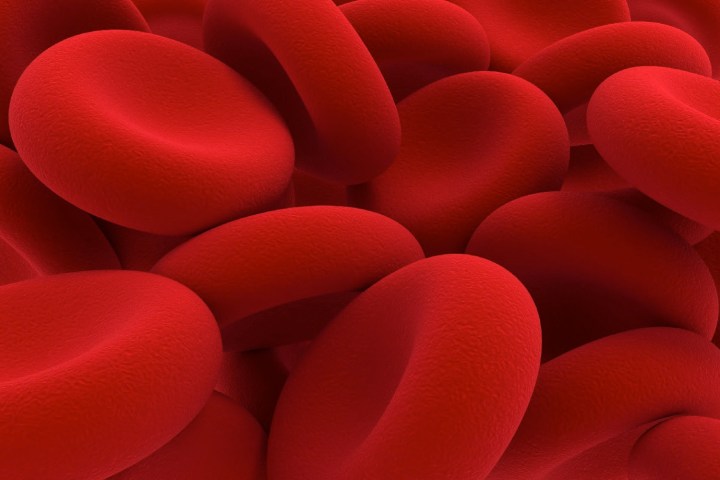
That’s exactly what researchers at the University of California, Los Angeles have been working to develop. They’ve managed to use an artificial thymus to transform blood stem cells into T cells, the white blood cells that are used to help our immune system get their fight on.
“T cells are the key players that fight infections and cancer, and in the past few years there’s been huge interest — and success — in taking T cells from cancer patients and genetically engineering them to target their cancer,” Dr. Christopher Seet, a clinical instructor in Hematology-Oncology at UCLA’s David Geffen School of Medicine, told Digital Trends. “These T cell therapies have shown remarkable results in several types of cancer, but still rely on collecting T cells from each patient, as using someone else’s T cells would result in an attack on the patient’s healthy tissue due to a ‘tissue mismatch.’ This obviously makes individualized T cells therapies difficult and time-consuming to produce.”
Normally, T cells are made in the thymus through a long and incredibly complex complex biological process. What the team in the UCLA study demonstrate is a way of taking human blood stem cells, the same type of cells commonly used in bone marrow transplants, and turning them into fully-functioning T cells entirely in the lab. This involves putting the blood stem cells into an “artificial thymic organoid” (ATO), a tiny 3D organ-like structure which grows in a dish and instructs blood stem cells to become T cells.
“We then added in a gene for a tumor-targeting T cell receptor to the blood stem cells, and showed that when put through the same ATO system, all the T cells coming out were now specifically targeted to tumor cells,” Seet continued. “Not only that, but they had also shut off expression of normal T cell receptors, which are what cause tissue mismatch — meaning that these T cells can potentially be given to any patient without attacking healthy tissue.”
While there’s still more work to be done before this can be used as a routine tool in oncology wards around the country, Seet said that it’s promising because of what it suggests about possible customized cancer treatment.
“We’re excited that this method potentially shows a way to make ‘off-the-shelf’ T cell therapies for cancer that can be given to anyone who needs them,” he said.


